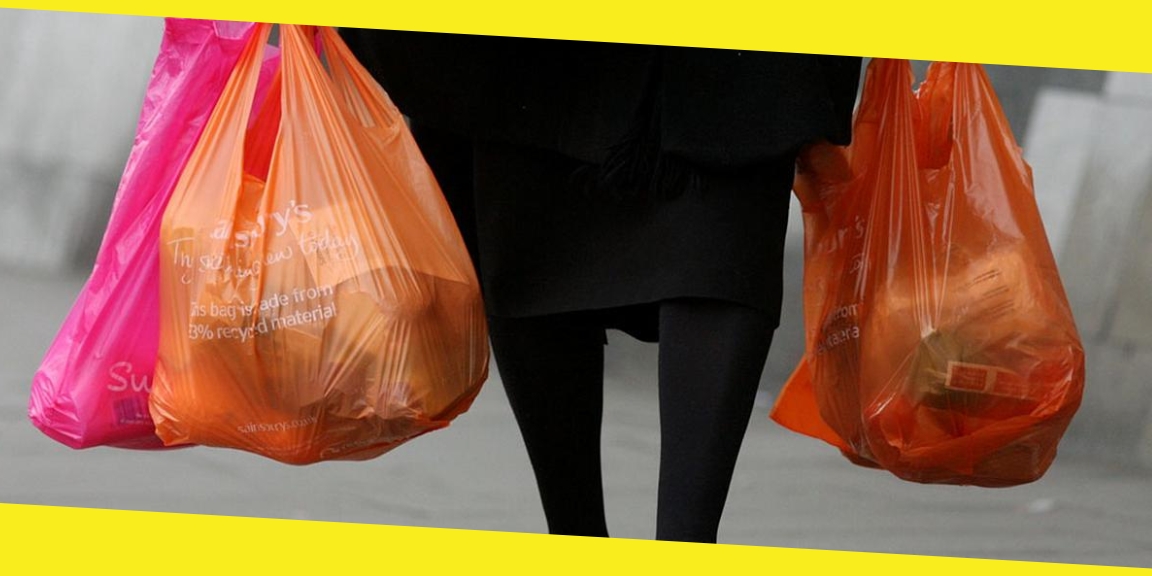Plastic Shopping Bags: A Deep Dive into Their Use and Impact

Plastic bags have been a staple of modern society for decades. They are lightweight, durable, and cheap, making them popular in grocery stores and retail outlets worldwide. However, as the environmental impact of plastic bags becomes more apparent, the debate over their use has intensified. This blog post will take a closer look at plastic shopping bags, their impact on the environment, and possible alternatives.
Contents
ToggleThe Use of Plastic Shopping Bags
Plastic shopping bags are used for various purposes, from carrying groceries to transporting goods from retail stores. They are made from petroleum-based materials and take hundreds of years to decompose, significantly contributing to environmental pollution. Plastic bags are non-biodegradable, meaning they cannot break down naturally in the environment. They threaten wildlife, mainly marine life, who can ingest or become entangled in them.
The Impact of Plastic Shopping Bags on the Environment
The environmental impact of plastic shopping bags is significant. They majorly contribute to pollution in our oceans, waterways, and landfills. Plastic bags can take hundreds of years to decompose, meaning they will remain in the environment for a long time, causing harm to wildlife and ecosystems. They are also a major source of greenhouse gas emissions during production, transportation, and disposal.
Possible Alternatives to Plastic Shopping Bags
One of the most popular alternatives to plastic grocery bags is reusable bags. These bags are made of durable materials like canvas, jute, or woven synthetic fabrics, and they are designed to withstand heavy loads and can be used multiple times. Compared to plastic grocery bags, reusable bags are sturdier, easier to carry, and come in various sizes and designs. Some reusable bags even have compartments to separate different items, making grocery shopping more convenient.
Paper bags with handles are another alternative to plastic grocery bags. These bags are biodegradable and can be recycled, which makes them an eco-friendly option. However, it is important to note that the production of paper bags requires more energy and water than plastic bags, which can also have a negative impact on the environment. Nevertheless, paper bags with handles are a good option for those who want to minimize their use of plastic bags.
Furthermore, some supermarkets have introduced compostable bags made of materials like cornstarch. These bags break down naturally in composting environments and do not emit harmful chemicals, making them a sustainable alternative to plastic bags. However, they are relatively expensive and only readily available in some stores.
The Use of Plastic Grocery Bags
Plastic grocery bags are a subcategory of plastic shopping bags explicitly used for carrying groceries. They are typically larger than regular plastic bags and have handles to make them easier to maintain. Plastic grocery bags are not biodegradable, and like regular plastic bags, they can take hundreds of years to decompose. In addition, they are not recyclable, making them a significant source of pollution.
Possible Alternatives to Plastic Grocery Bags
There are several alternatives to plastic grocery bags that are more environmentally friendly. One popular alternative is reusable grocery bags made from materials like canvas or jute. These bags are durable and can be used multiple times, reducing the need for single-use plastic grocery bags. Another alternative is to use paper bags with handles, which are biodegradable and can be recycled.
Conclusion
Plastic shopping bags have been popular for many years for carrying groceries and retail items. However, their environmental impact is significant, and alternatives are necessary to reduce pollution and protect wildlife. By using more sustainable options like paper bags with handles or reusable shopping bags, we can positively impact the environment and create a more sustainable future. So, next time you go shopping, think twice before reaching for a plastic grocery bag.
Recommended For You
Getting the Best Betting Bonus
Most Inside
Most Inside offers high-quality recommendations and valuable updates to enhance all aspects of your life, providing premium guidance and enriching experiences.




